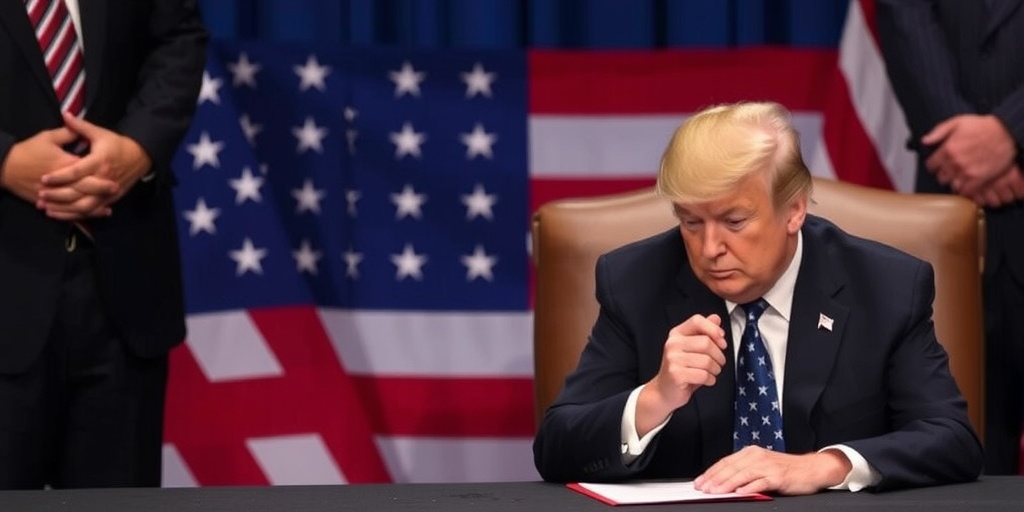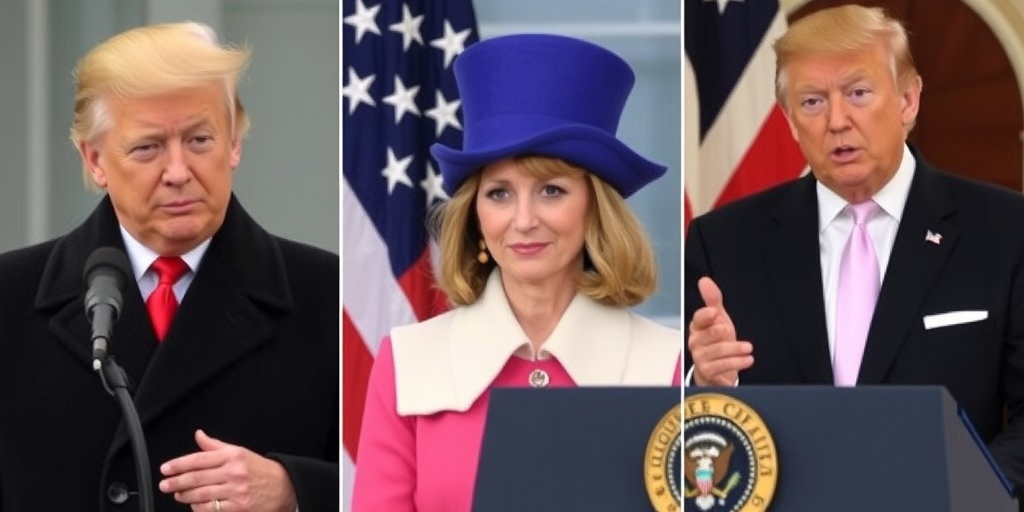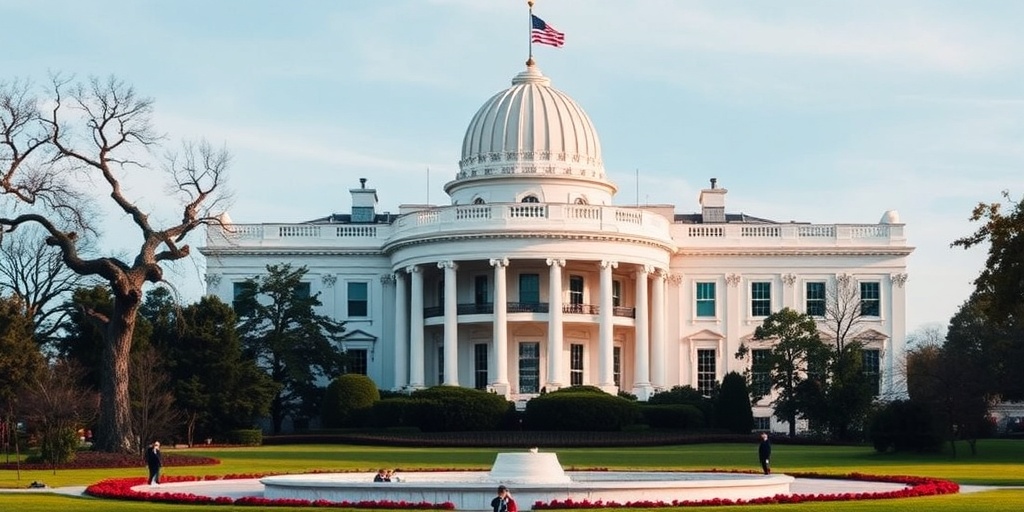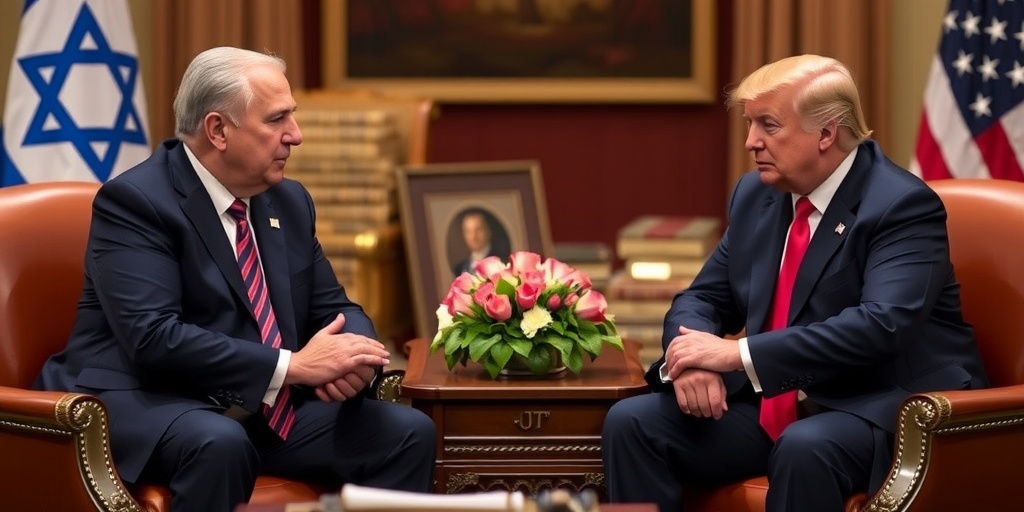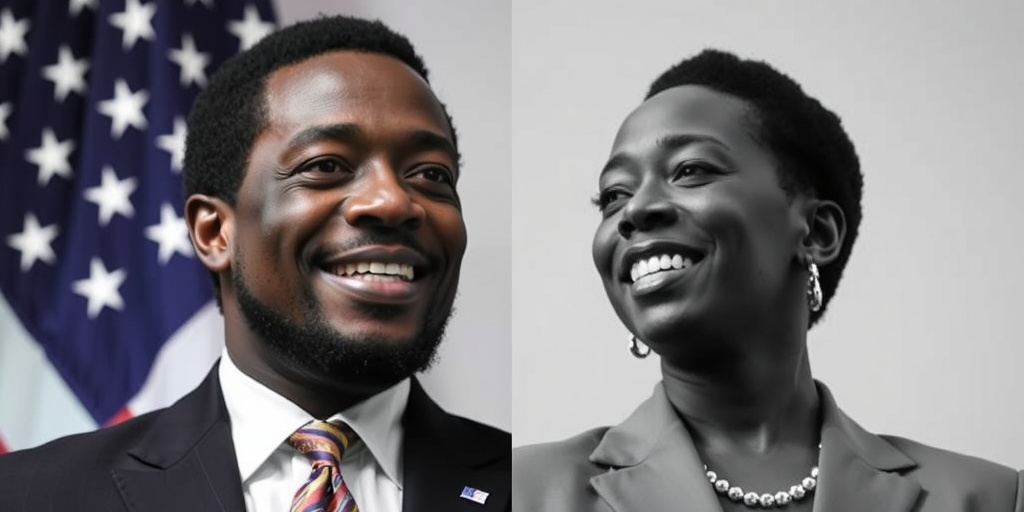Now Reading: Susan Crawford: Tech Advocate and Internet Policy Expert
-
01
Susan Crawford: Tech Advocate and Internet Policy Expert
Susan Crawford: Tech Advocate and Internet Policy Expert
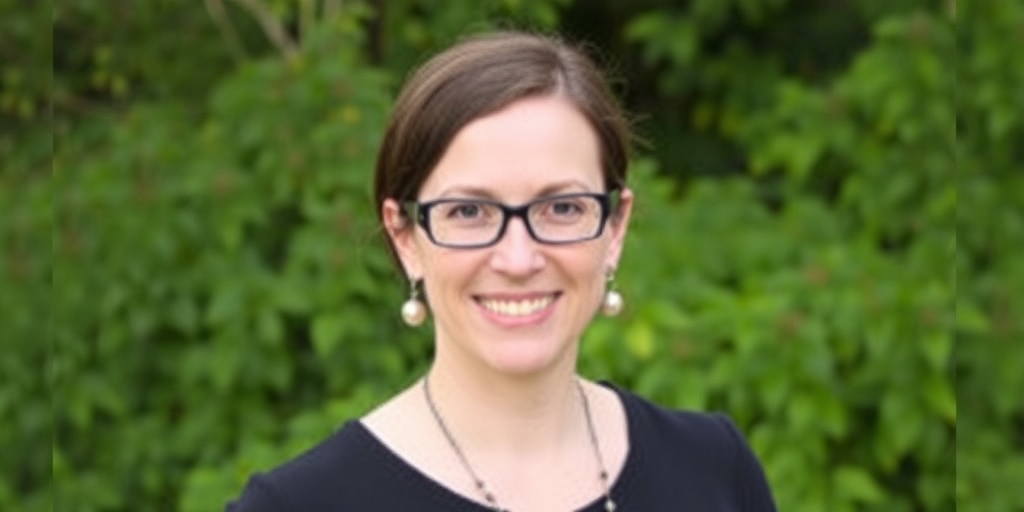
Susan Crawford Secures Wisconsin Supreme Court Seat in High-Stakes Election
In a significant victory for progressives, Judge Susan Crawford has won a seat on the Wisconsin Supreme Court, defeating conservative challenger Judge Brad Schimel, who garnered substantial financial backing from billionaire Elon Musk. This election, which saw an unprecedented $25 million spent in support of Schimel, has been characterized as a crucial referendum on Musk and his staunchly libertarian views regarding the role of government. Crawford’s election is poised to influence critical judicial decisions on issues such as abortion, labor rights, and voting access in Wisconsin.
Crawford, who is 60 years old, may not have been a household name nationally prior to this election; however, she has a robust background in law and governance. In 2018, she was elected as a circuit judge in Dane County, Wisconsin, and she successfully secured re-election in 2022. Her extensive experience in the legal field includes serving as a long-time attorney at the Wisconsin Department of Justice, where she held the position of assistant attorney general. Her appointment as chief legal counsel to then-Governor Jim Doyle in 2009 further solidified her reputation within the state’s legal community. In this role, she also chaired the Governor’s Pardon Advisory Board, which reviews pardon applications and advises the governor on recommendations.
Crawford’s campaign took a decidedly progressive turn, with a strong emphasis on defending fundamental rights and advocating for social justice. She is known for her vocal support of abortion rights and collective bargaining, as well as for her commitment to preserving voting rights, especially in the context of recent legislative changes that critics argue infringe upon voters’ access to the polls. This dedication to social issues was a prominent theme during her campaign, as highlighted on her campaign website, which outlines her prior work as a private practice attorney. During this time, she notably represented organizations like Planned Parenthood of Wisconsin, asserting the importance of access to reproductive healthcare.
Her victory over Schimel is particularly noteworthy given the considerable financial disparity in their campaign resources. Schimel benefited from a $25 million investment primarily from Elon Musk, who has been an outspoken advocate for minimalist government intervention in various societal issues. The election has emerged as a symbolic battle between progressive values and what some perceive as an excessive influence of wealth in politics. Crawford’s success sends a potent message about the electorate’s desires for impartiality and justice that is untethered from financial gain.
In her acceptance speech, Crawford addressed her supporters with an emotional reflection on her unlikely journey. "Susan! Susan! Susan! Susan! As a little girl growing up in Chippewa Falls, I never could have imagined that I’d be taking on the richest man in the world – for justice in Wisconsin, and we won," she exclaimed. "My promise to Wisconsin is clear. I will be a fair, impartial and commonsense justice on the Wisconsin Supreme Court. And Wisconsin stood up and said loudly that justice does not have a price. Our courts are not for sale."
Beyond her judicial career, Crawford’s life in Madison is centered around her family, including her husband, Shawn Peters, an academic at the University of Wisconsin-Madison, and their two children. This familial support and commitment to her community resonate with voters, as she embodies the values of hard work and dedication that many Wisconsinites hold dear.
Looking ahead, Crawford’s presence on the Wisconsin Supreme Court is anticipated to reshape the judicial landscape, particularly in regard to decisions that could redefine abortion access and labor laws in the state. As a proponent of workers’ rights, her judicial philosophy is expected to align with principles of equity and justice.
In conclusion, Judge Susan Crawford’s election to the Wisconsin Supreme Court marks a pivotal moment for the state’s legal and political landscape. As she prepares to assume her new role, all eyes will be on her decisions as they may significantly influence the future of important social issues, balancing the scales of justice amid the often conflicting interests of wealth and democracy. This election serves as a crucial reminder of the ongoing struggle for fair representation and the critical importance of judicial independence in safeguarding the rights of all citizens.
Stay Informed With the Latest & Most Important News
Previous Post
Next Post
-
 01New technology breakthrough has everyone talking right now
01New technology breakthrough has everyone talking right now -
 02Unbelievable life hack everyone needs to try today
02Unbelievable life hack everyone needs to try today -
 03Fascinating discovery found buried deep beneath the ocean
03Fascinating discovery found buried deep beneath the ocean -
 04Man invents genius device that solves everyday problems
04Man invents genius device that solves everyday problems -
 05Shocking discovery that changes what we know forever
05Shocking discovery that changes what we know forever -
 06Internet goes wild over celebrity’s unexpected fashion choice
06Internet goes wild over celebrity’s unexpected fashion choice -
 07Rare animal sighting stuns scientists and wildlife lovers
07Rare animal sighting stuns scientists and wildlife lovers













